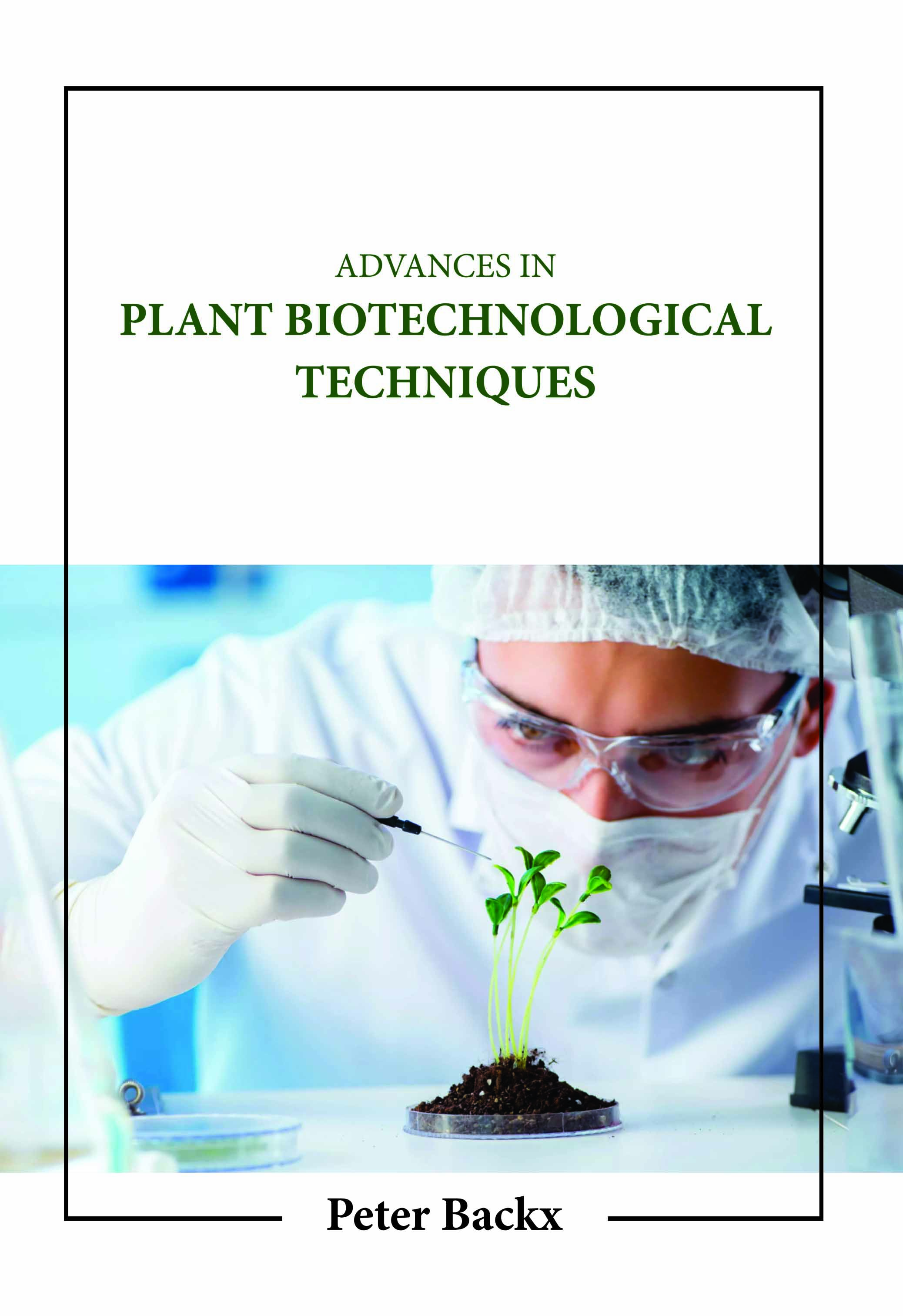
Advances in Plant Biotechnological Techniques
by Peter Backx
| ISBN | 9781806249695 |
|---|---|
| Publisher | Digital Drive Learning |
| Copyright Year | 2026 |
| Price | $255.00 |

by Peter Backx
| ISBN | 9781806249695 |
|---|---|
| Publisher | Digital Drive Learning |
| Copyright Year | 2026 |
| Price | $255.00 |
Plant biotechnology uses life science knowledge to make new modifications in plant species and Totipotency and agriculture, which involves greenhouse development and administration and the ability of embryonic undifferentiated cells to differentiate into body cells. Biotechnology and plant breeding are combined to generate plants. In order to choose the ideal plant, genetic markers near crucial agricultural genes are applied. New molecular approaches can be used on plants. As a result, a new door opened for plant discoveries. Microscopic study of herbal medications is needed for species identification, quality control, forensic investigation, and archaeological material identification, among other uses. Molecular farming involves mass-producing recombinant proteins in plants. It aims to use agriculture to grow recombinant pharmaceuticals, diagnostics, industrial enzymes, and green chemicals. Molecular farming can produce endless quantities of recombinant proteins and is a powerful alternative to conventional protein manufacturing. Tissue culture techniques are part of a vast collection of plant biotechnologies, including molecular genetics, recombinant DNA studies, genome characterization, gene transfer techniques, and aseptic development of cells, tissues, and organs. This book covers all practical aspects of genetic modification using tissue culture methods, protoplast technology, and gene transfer methods to provide students with simple, reproducible protocols for use in biotechnology.